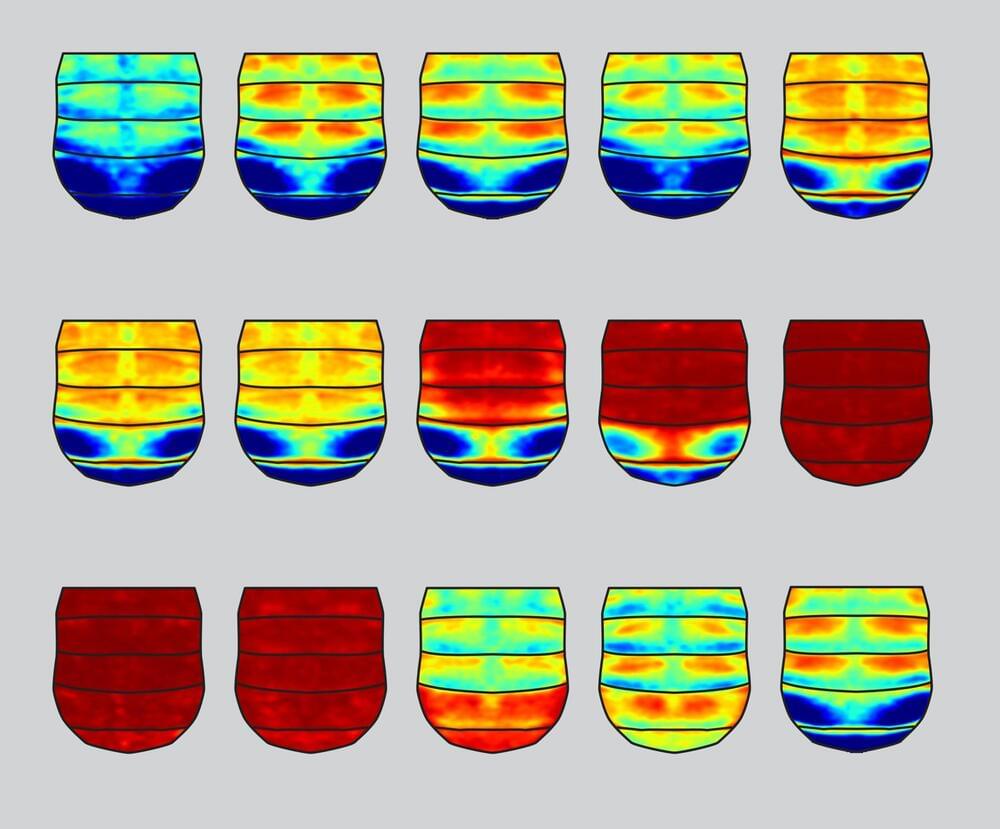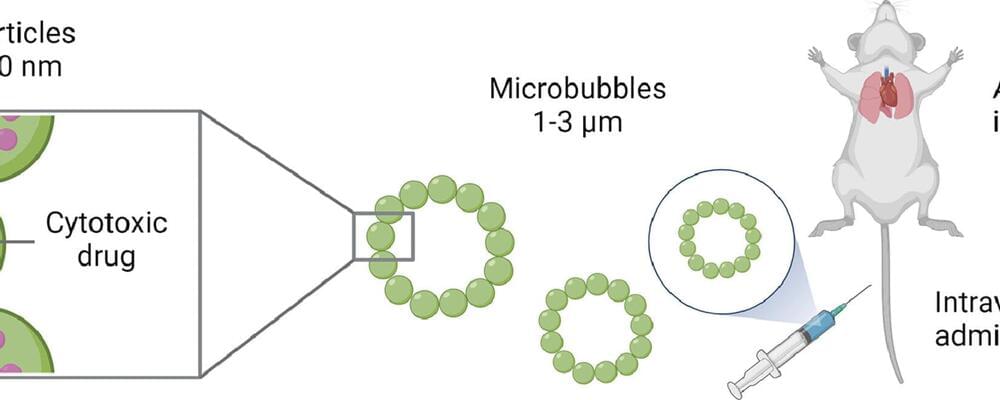Some sequences in the genome cause genes to be switched on or off. Until now, each of these gene switches, or so-called enhancers, was thought to have its own place on the DNA. Different enhancers are therefore separated from each other, even if they control the same gene, and switch it on in different parts of the body.
A recent study from the University of Bonn and the LMU Munich challenges this idea. The findings are also important because gene switches are thought to play a central role in evolution. The study has been published in the journal Science Advances.
The blueprint of plant and animal forms is encoded in their DNA. But only a small part of the genome—about two percent in mammals—contains genes, the instructions for making proteins. The rest largely controls when and where these genes are active: how many of their transcripts are produced, and thus how many proteins are made from these transcripts.









